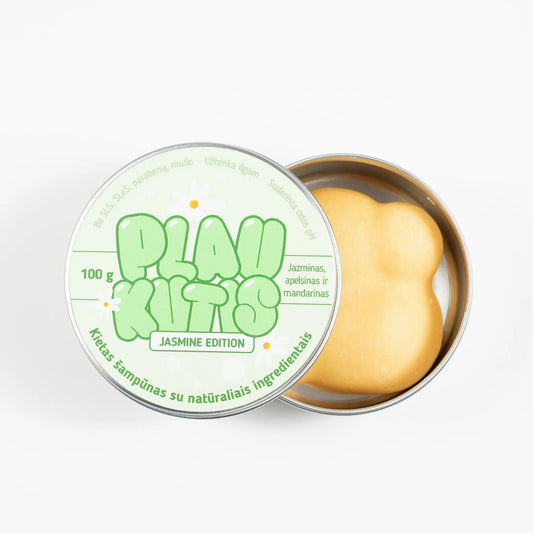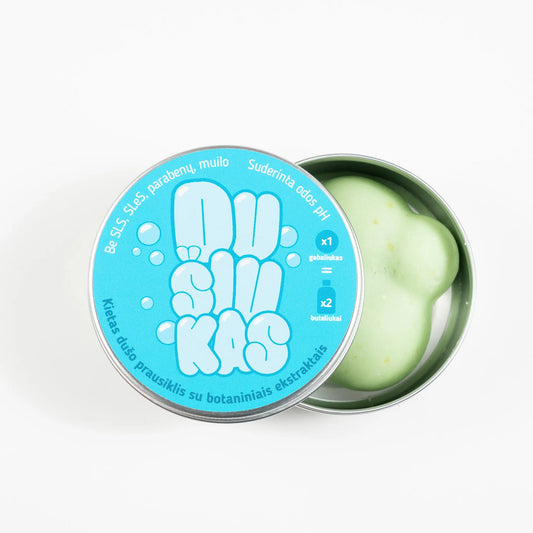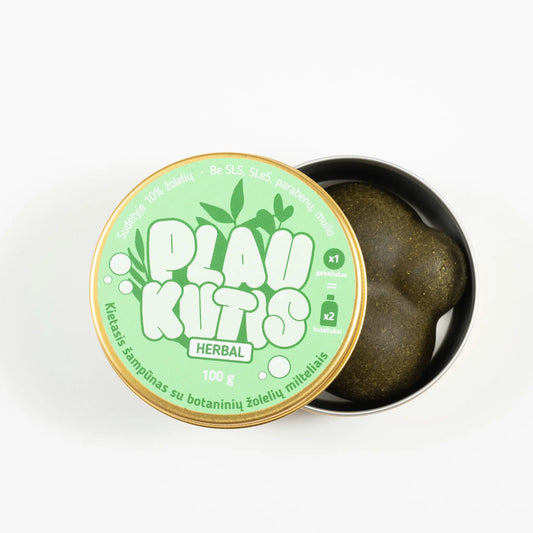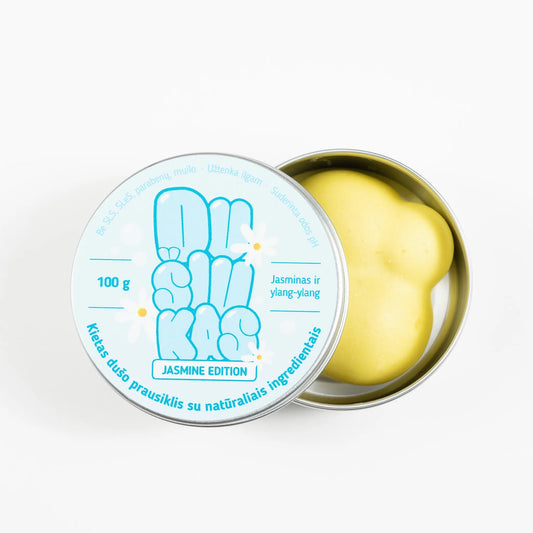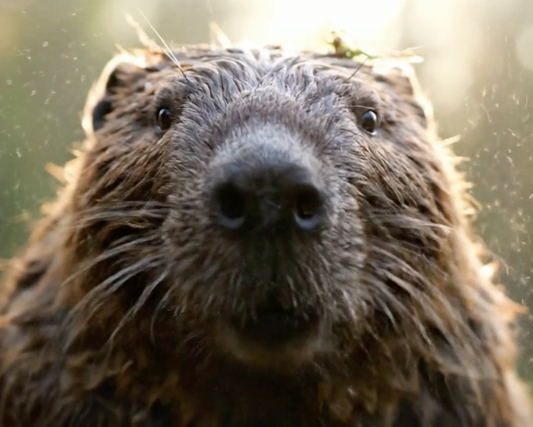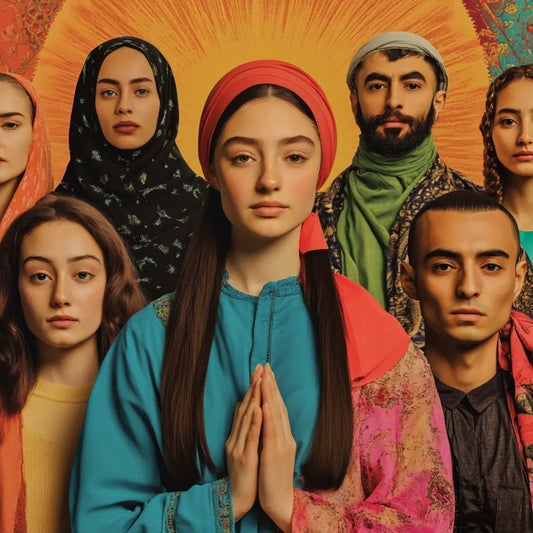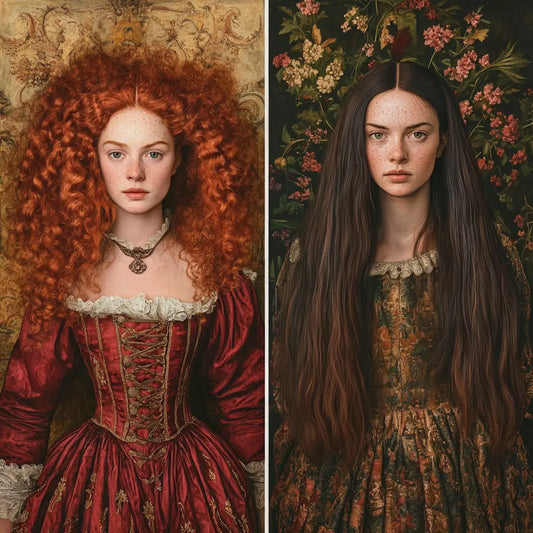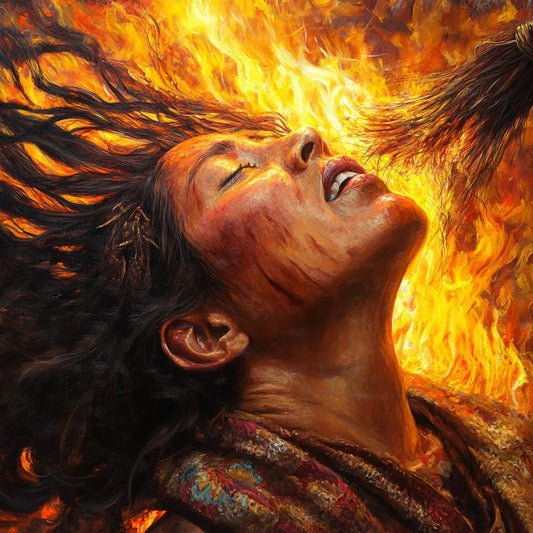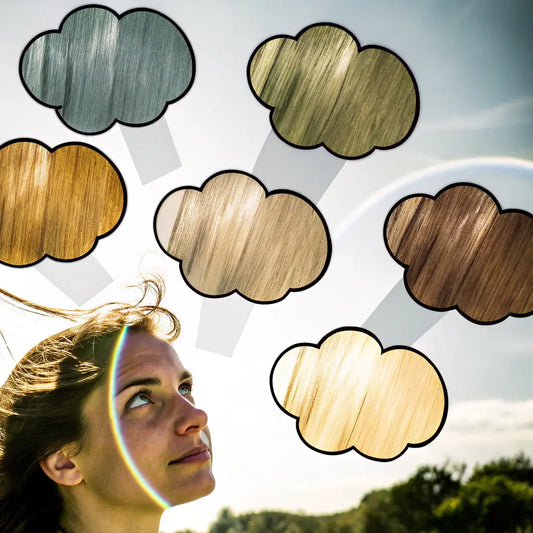Hair care is not just about choosing the right shampoo or conditioner. What we eat has a huge impact on the growth, shine, and strength of our hair. However, following specific diets like vegetarian, vegan, keto, or paleo can make it difficult to ensure your hair gets the nutrients it needs. In this article, we’ll provide meal plans tailored to each diet to ensure your hair is healthy, no matter what your dietary choices are. You’ll also learn some interesting facts and figures about how your diet affects the health of your hair—whether you’re a plant-based dieter, a low-carb keto enthusiast, or a paleo dieter.
Chapter 1: Special Dietary Needs and Hair Health
Every diet has its pros and cons, but hair health is often overlooked. However, the hair follicle is one of the most active tissues in the body, so it needs a constant supply of nutrients to keep hair strong and growing. Deficiencies in certain vitamins, minerals, and macronutrients can cause hair to thin, break, or fall out completely.
For example, nearly 20% of women between the ages of 20 and 49 in the United States are iron deficient. This deficiency is one of the leading causes of hair loss. Meanwhile, the keto diet, which reduces carbohydrate intake, can lead to a deficiency in important B vitamins, which promote hair growth. On the other hand, a traditional vegetarian diet is rich in antioxidants, which protect hair from environmental damage.
The key is to consume a balanced diet, regardless of your diet. In this article, we will review the most popular diets and show you how to adapt them to maintain hair health.
Chapter 2: Vegetarian/Vegan Diet Meal Plan
Vegetarian and vegan diets offer many health benefits, including high levels of antioxidants and fiber. However, a common problem for vegetarians and vegans is a deficiency in protein, iron, and vitamin B12—nutrients essential for healthy hair growth. Studies show that up to 30% of long-term vegans suffer from a B12 deficiency, which can lead to premature graying and thinning hair.
Plant-based protein sources
A plant-based diet can still provide enough protein, which is essential for the production of keratin, a protein that makes up 90% of the structure of each hair.
- Tofu: Half a cup of tofu provides 10 grams of protein. Tofu also contains iron and calcium, which are important for strong hair.
- Lentils: One cup of cooked lentils provides 18 grams of protein and is an excellent source of folate, which promotes cell regeneration, including hair follicles.
- Quinoa: Quinoa is a complete protein, containing all nine essential amino acids. Studies show that including quinoa in your daily diet can increase protein intake by 10% for vegetarians and vegans.
- Beans and chickpeas: One cup of chickpeas provides about 15 grams of protein and is a significant source of zinc, which is important for hair follicle health.

Iron-rich foods
Iron deficiency is one of the main causes of hair loss, especially in women. Vegetarians and vegans can get iron from plant sources, but it is important to consume them with foods rich in vitamin C to improve iron absorption.
- Spinach: One cup of cooked spinach provides about 6 mg of iron . Combined with vitamin C from foods like peppers or oranges, the body absorbs iron more efficiently.
- Enriched cereals: Many plant-based cereals are fortified with both iron and B12, and can contain as much as 18 mg of iron per serving.

B12 and protein supplements
Since B12 is only found naturally in animal products, vegans need to ensure they get it through fortified foods or supplements. A 2017 study found that 40% of vegans who don't take B12 supplements suffer from deficiencies, which affects both energy levels and hair health.
Chapter 3: Keto Diet Plan
The ketogenic (keto) diet, while popular for weight loss, can cause nutritional imbalances that affect hair health. Hair-friendly fats and low-carb vegetables will help you avoid the potential negative effects of the keto diet.
Healthy fats for hair on the keto diet
Healthy fats are the foundation of the keto diet and provide essential fatty acids that are essential for hair follicle health. Research shows that a deficiency in omega-3s can lead to dry hair and scalp problems.

- Avocados: Avocados not only contain healthy fats, but also vitamins E and C , which help protect hair follicles from oxidative damage.
- Olive Oil: Rich in monounsaturated fatty acids and antioxidants, olive oil nourishes hair from within.
- Fatty fish: Wild salmon, sardines, and mackerel are rich in omega-3 fatty acids and vitamin D, which can reduce hair loss by up to 30% in people who suffer from a deficiency of this vitamin.

Low-carb vegetables for hair health
Keto restricts carbohydrate intake, but some low-carb vegetables are rich in vitamins that are essential for hair.
- Spinach and kale: These leafy greens are full of vitamin A and iron , which are essential for keeping hair moisturized and strong.
- Broccoli: Broccoli is rich in vitamins C and K , which help produce collagen, a protein essential for strong hair.

Chapter 4: Paleo Diet Plan
The Paleo diet, which focuses on natural, unprocessed foods, is one of the most nutrient-rich diets for hair health. Studies have shown that following a Paleo diet can increase hair density by 20% , compared to modern processed diets.
Nutritious paleo products
The Paleo diet is rich in nutrients that help maintain healthy hair.

- Grass-fed meat: Grass-fed beef contains more omega-3 fatty acids than grain-fed beef. This protein helps produce keratin, which is essential for hair strength.
- Wild fish: Salmon is high in biotin , which is essential for hair growth. Biotin supplements are often prescribed to treat hair loss.
Healthy foods for strong hair
The Paleo diet is rich in whole, unprocessed foods. These ingredients provide vitamins and minerals that strengthen hair.
- Nuts and seeds: Walnuts, almonds, and pumpkin seeds are full of zinc and omega-3s , which support a healthy scalp and prevent hair loss.

Chapter 5: Conclusion – Individual Nutrition Plans for Healthy Hair
Regardless of your diet, it’s important to adjust it to get the nutrients your hair needs. Whether you’re following a vegetarian, keto, or paleo diet, getting a balanced diet of protein, vitamins, and minerals is key to strong, healthy hair. By choosing nutritious foods and supplementing with the right nutrients, you can maintain healthy hair and reap the benefits of your diet. Remember, healthy hair starts from the inside out.

Myth debunking or interesting facts
-
Myth: High-protein diets automatically improve hair health.
Fact: While protein is essential, it's important to balance it with fats and carbohydrates. Over 50% of hair is made up of water, so hydration is equally important. - Fun fact: People who follow a Mediterranean diet rich in omega-3s experience 30% less hair thinning .
-
Myth: Vegetarians can't get enough protein for hair growth.
Fact: Plant-based sources like lentils, quinoa, and tofu provide plenty of protein. Even 1 cup of lentils provides over 18 grams of protein .

Practical tips or solutions
- Boost your protein intake with plant-based alternatives: Tofu, quinoa, and chickpeas are great plant-based sources of protein that support hair health.
- Include foods rich in omega-3s: Oily fish like salmon or plant sources like chia seeds will help keep your scalp moist.
- Supplement B12 if needed: It is especially important for vegans to ensure they get enough B12 through fortified foods or supplements.
- Don't forget water: Drink enough water throughout the day to keep your scalp healthy and your hair moisturized.

Frequently asked questions
-
Can the keto diet affect hair health?
Yes, if your diet is lacking in important nutrients like B vitamins and iron. Be sure to include low-carb vegetables and omega-3 rich foods. -
What is the best diet for hair growth?
A balanced diet rich in protein, healthy fats, and vitamins will promote optimal hair growth, regardless of your dietary choices.
